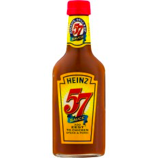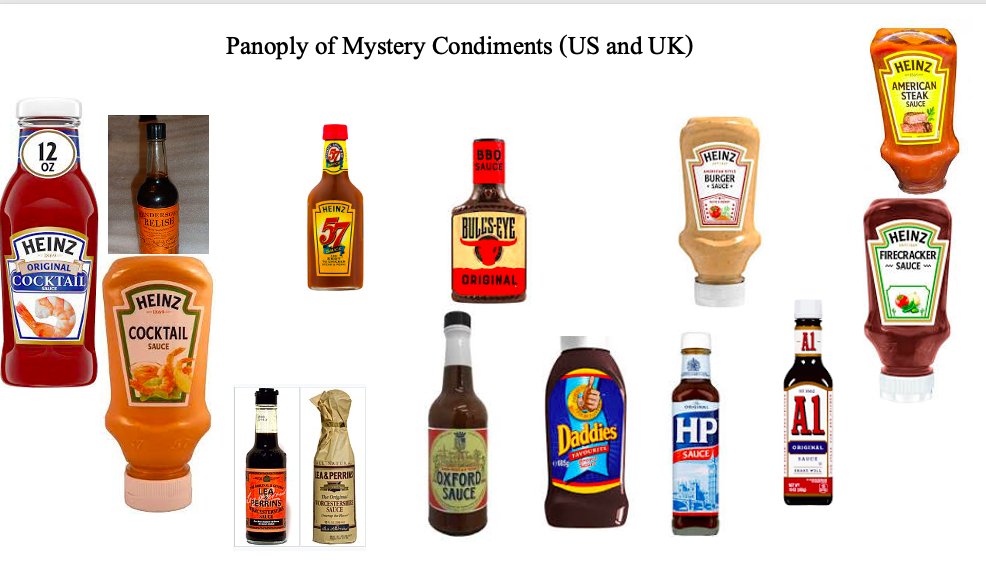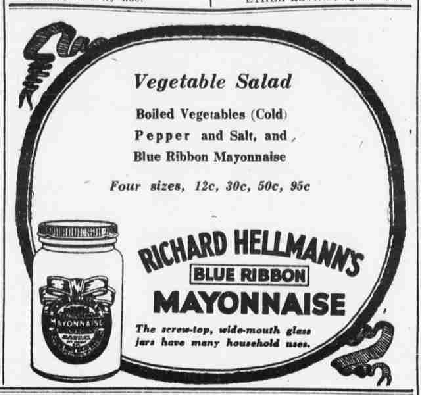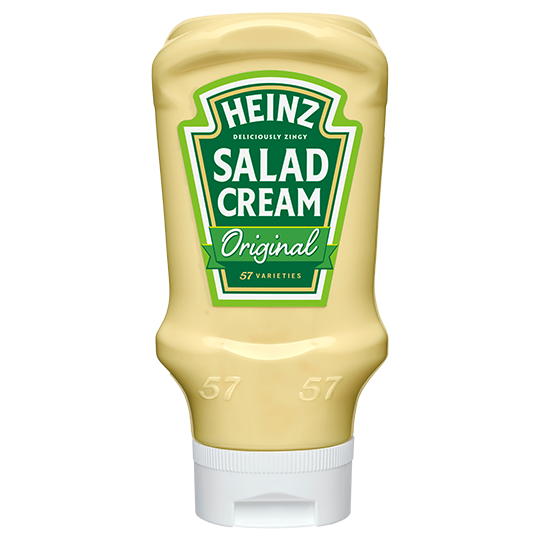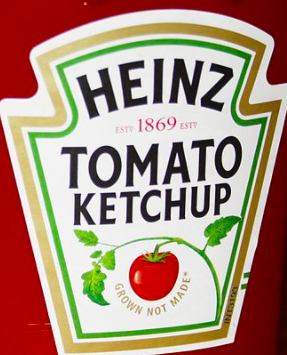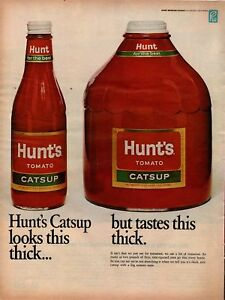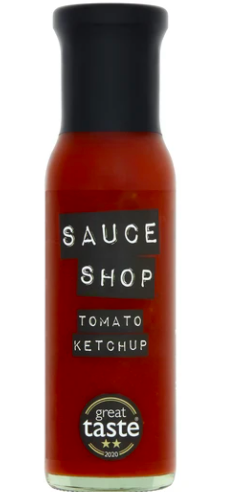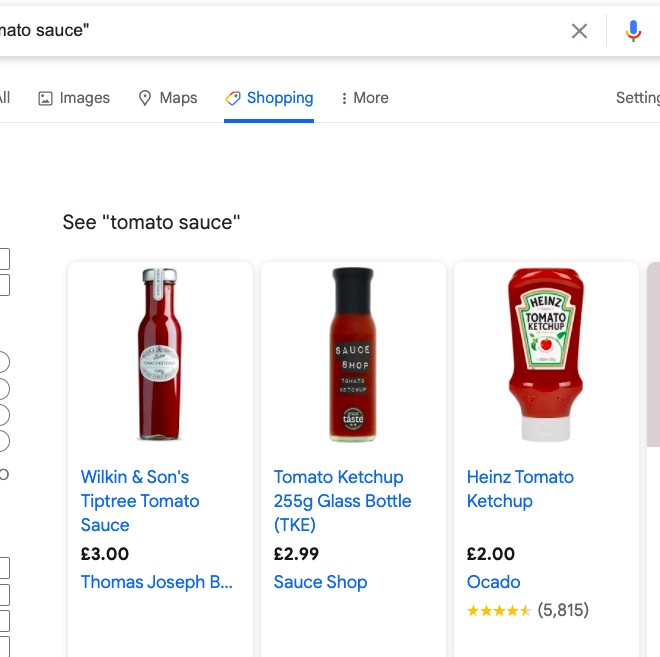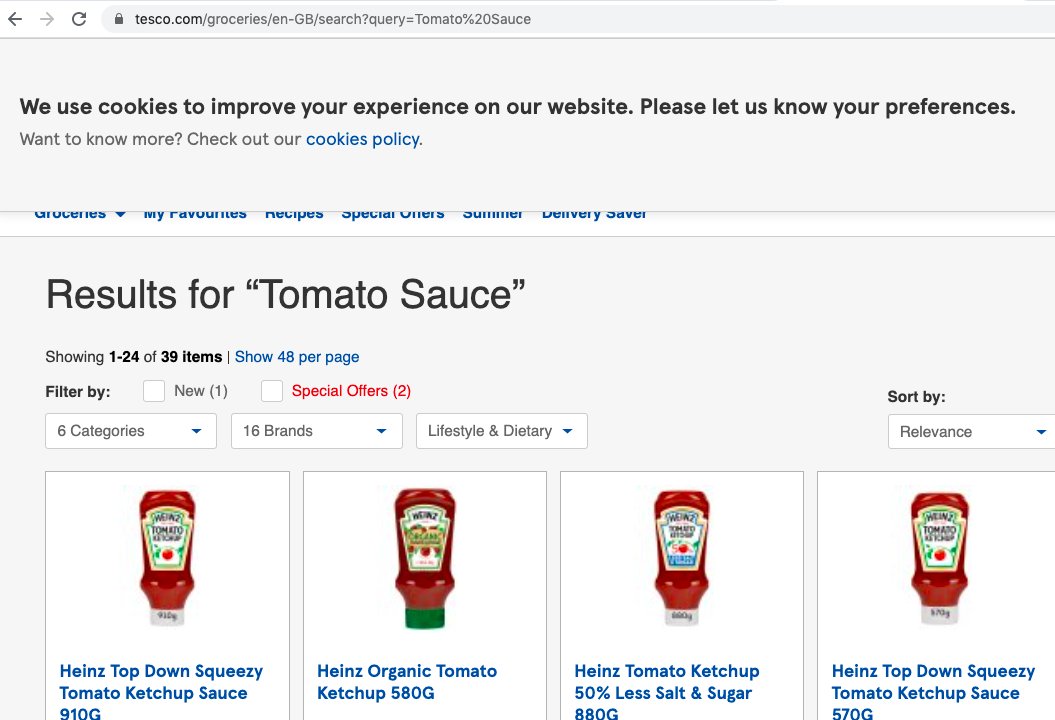Who wants a saucy thread? Literally. I& #39;m going to talk about sauces/condiments in the US and UK, and possibly by extension and replies, the rest of the anglosphere.
Thread to follow tomorrow
This is a work in progress.
OK. Now to talk about US and UK condiments. A few guidelines here... For now I& #39;m going to stick to stuff that is largely not from Asian, African, Caribbean, Latin-American origins. And going to ignore salt and pepper.
Many of these comments are called "sauce" but there are also sauces that classic cooking sauces. To make it more complex, what& #39;s called a "sauce" in one place is not a "sauce" in another place. No doubt there will be arguments
In order to get out of "that& #39;s a sauce / that& #39;s not a sauce" I& #39;m going to use the term "condiment" - more or less defined as "something you put on your food after it is cooked".
Now, this doesn& #39;t mean that such condiments are not ingredients in other things in their own right as well. But that& #39;s a whole other story.
I am going to rapidly dispense with the "single ingredient condiments" - salt, pepper (white and black), lemon, and vinegars of various types. These are self explanatory. This thread is more about formulations and manufactured goods.
There& #39;s a lot of ways I can approach this, but let me start with the areas in which there is broad US-UK transatlantic agreement and similarity in product.
So, let me start with mayonnaise. This actually started as a classic sauce from Mahon, in the Balearic islands. It is an emulsion of oil, egg yolk, and an acid, either vinegar or lemon juice. It& #39;s basically the same product in the US and UK.
Hellman& #39;s mayo is available in both the US and UK. It should be noted that Hellman& #39;s is, in fact, a brand of American origin.
The "Hellman& #39;s effect" is a thing - there will be people in one country who think that a brand or product is native to the one country, whereas it came from the other. This will come up again as we go along.
There is a well known fake imitation mayonnaise in the US (and Germany, or so the interwebs tells me). Miracle Whip. I grew up under the erroneous impression that Miracle Whip is mayo, and this led me to think that I didn& #39;t like mayonnaise.
[HOLD ALL QUESTIONS UNTIL THE END]
Mayonnaise leads to the next item. Salad Cream. Despite being made by Heinz, an American brand, largely unknown in America. It& #39;s not really a "salad dressing" (that& #39;s a whole other disquisition and I& #39;m not going down that road, at least not yet)
Basically, Salad Cream is a fake mayonnaise. If you look at how they make it, that& #39;s what it is. So I place it in the category of "mayonnaise surrogates"
I am going to posit the existence of the "Heinz Effect" - Despite the fact that Heinz is American, it& #39;s UK outpost, originally in Harlesden, NW London, has long produced stuff for the UK market unseen in the USA.
Now. Let& #39;s talk about tomato catsup / ketchup. It& #39;s pretty much the same in both US and UK, with Heinz as market leader in both markets.
But here& #39;s the thing. Although it& #39;s largely the same product, the words people use to describe it differ. When I was young, it was definitely catsup. But not for everyone.
For most people, if you said "Ketchup" - everyone would know what you meant. But some people specifically use the phrase "tomato ketchup"
Now, it was a shock to me when I moved to the UK, that people routinely referred to ketchup as a "sauce". I was asked what sauces I wanted on a burger. As in, ketchup, mayo, mustard.... This bemused me at first.
However, for a large number of people in the UK, the phrase "tomato sauce" means ketchup. So much so that, to test the hypothesis, http://google.co.uk"> http://google.co.uk gives me this and Tesco gives me this

 Read on Twitter
Read on Twitter